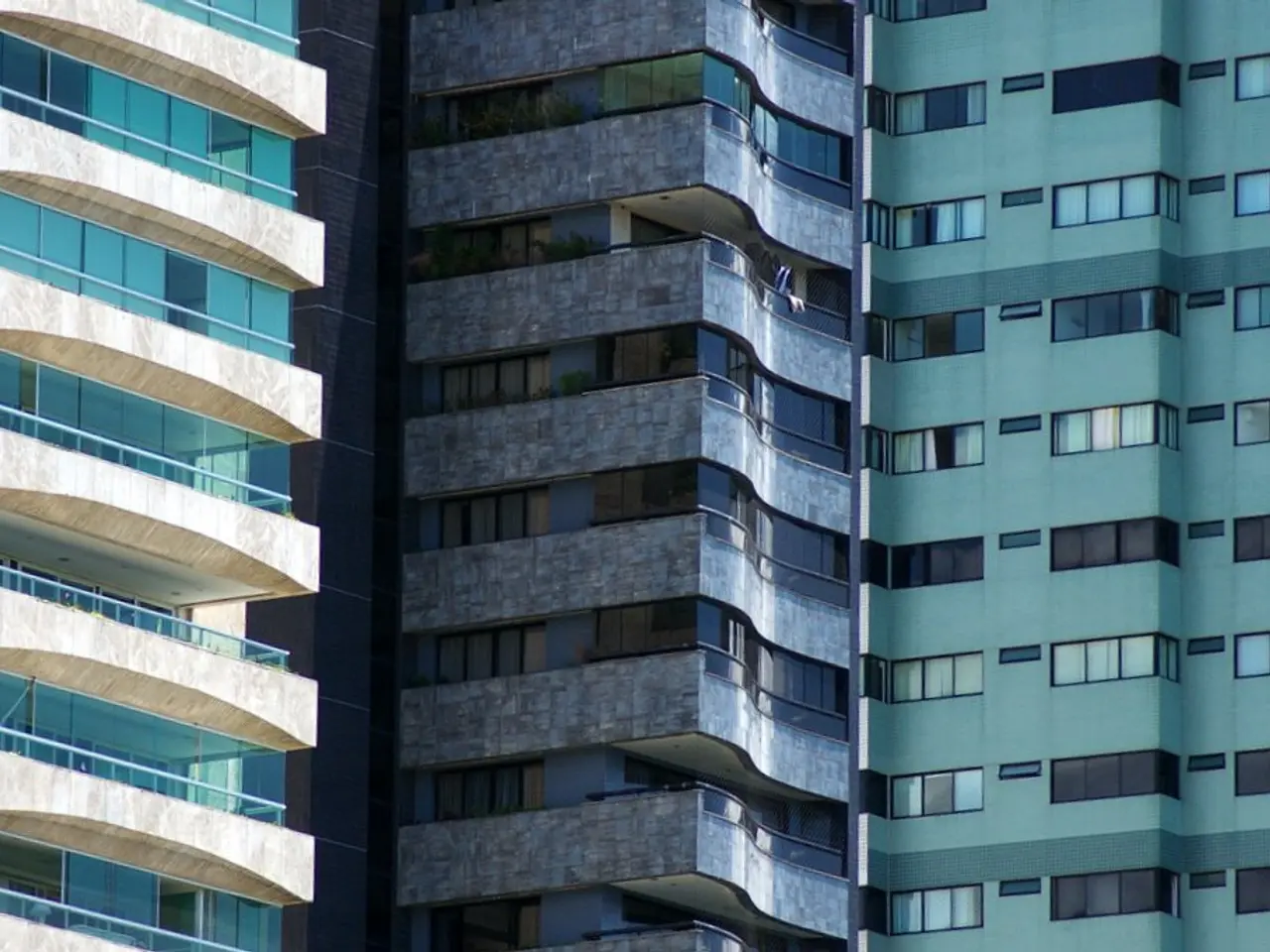Skyrocketing Rents Plague Urban Tenants in Major German Cities, Despite Strict Rent Control
Skyrocketing rent prices persist in urban areas, defying rent regulations - City rents climb in urban areas despite nationwide rental rate decrease
Get ready to shell out some serious cash if you're eyeing a place to call home in Germany's bustling cities, like Berlin, Leipzig, or Bremen. Despite stringent rent control measures, sky-high rental prices are becoming the norm, squeezing urban tenants' wallets and contributing to a deepening social divide in society.
Here's what's behind thisPROPERTY PRICE EXPLOSION:
- Unabated Demand and Limited SupplyGermany's big cities like Berlin, Munich, and Hamburg face a major housing shortage, with demand greatly surpassing supply. The market's imbalance drives up rental rates as more people scramble for fewer available rental units[5][4].
- Ineffectiveness of Rent Control LawsThe rent control law, also known as the "rent price brake," was introduced in 2015. It limits rent hikes for new tenants in designated "tight housing markets," including Berlin, Leipzig, and Bremen, to 110% of the local comparative rent. However, the control has significant exemptions: it does not apply universally to properties, fails to encompass new builds constructed after 2014, and excludes some rental offers like those found through direct broker mediation or informal postings. This leaves gaps that landlords and the market eagerly exploit, diluting the law's overall impact[3][1].
- Sharp Price Increases in Spite of ControlsDespite the rent cap, data from the Federal Institute for Research on Building, Urban Affairs and Spatial Development (BBSR) reveals that advertised rents have skyrocketed since 2015. Berlin experienced a staggering 107% increase, Leipzig saw a 67.7% rise, and Bremen reported a 57% surge in rents, demonstrating rates more than doubling in Berlin[1][2].
- Market Dynamics and Regulatory LimitationsThe data from online listings may only tell part of the story, as it may not capture all rental offers, including private or broker-mediated agreements, contributing to a fragmented enforcement picture. Moreover, the rent controls don't cover all aspects of the rental market, such as secondary market transactions or subletting, which can further drive up costs[1][3].
- Government Response and the Road AheadThe German government has acknowledged the crisis and extended rent control regulations until 2029. However, challenges like exemptions for new builds and slow construction approvals persist. To address these issues, the government plans to boost housing construction by streamlining approvals and promoting modern techniques. However, these measures will take time to impact supply and stabilize rents[3][5].
Despite rent control measures, the high demand, insufficient new housing supply, loopholes in rent control legislation, and market pressure have fueled significant rent increases in major German cities like Berlin, Leipzig, and Bremen. The shortage of affordable housing continues to outrun regulatory efforts, driving rental prices up[1][3][5].
- In the face of stringent employment policies, the aggressive rise in rental prices suggests a need for a comprehensive community policy that addresses personal-finance concerns and income equality, considering the growing social divide caused by skyrocketing rents.
- The housing-market in Germany's major cities, despite its strict rent control, seems to be an attractive investment opportunity considering the unabated demand and limited supply that drive up rental rates, regardless of the ineffectiveness of some policies.
- With the sharp increases in rents observed despite control measures and the ongoing government response to extend regulations, it is crucial for employees in these cities to carefully manage their personal-finance and explore alternative spending strategies, such as investing, to align with the rising housing costs.








